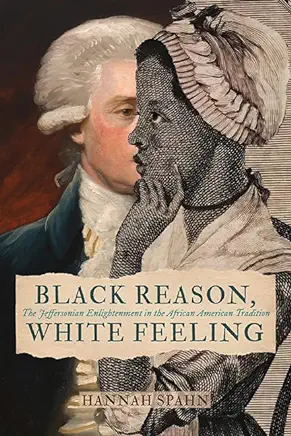
Spahn, Hannah
product information
description
ican intellectuals on the legacy of Thomas Jefferson's ideas The lofty Enlightenment principles articulated by Thomas Jefferson in the Declaration of Independence, so central to conceptions of the American founding, did not emerge fully formed as a coherent set of ideas in the eighteenth century. As Hannah Spahn argues in this important book, no group had a more profound influence on their development and reception than Black intellectuals. The rationalism and universalism most associated with Jefferson today, she shows, actually sprang from critical engagements with his thought by writers such as David Walker, Lemuel Haynes, Frederick Douglass, and W. E. B. Du Bois. Black Reason, White Feeling illuminates the philosophical innovations that these and other Black intellectuals made to build on Jefferson's thought, shaping both Jefferson's historical image and the exalted legacy of his ideas in American culture. It is not just the first book-length history of Jefferson's philosophy in Black thought; it is also the first history of the American Enlightenment that centers the originality and decisive impact of the Black tradition.
member goods
No member items were found under this heading.
Return Policy
All sales are final
Shipping
No special shipping considerations available.
Shipping fees determined at checkout.







